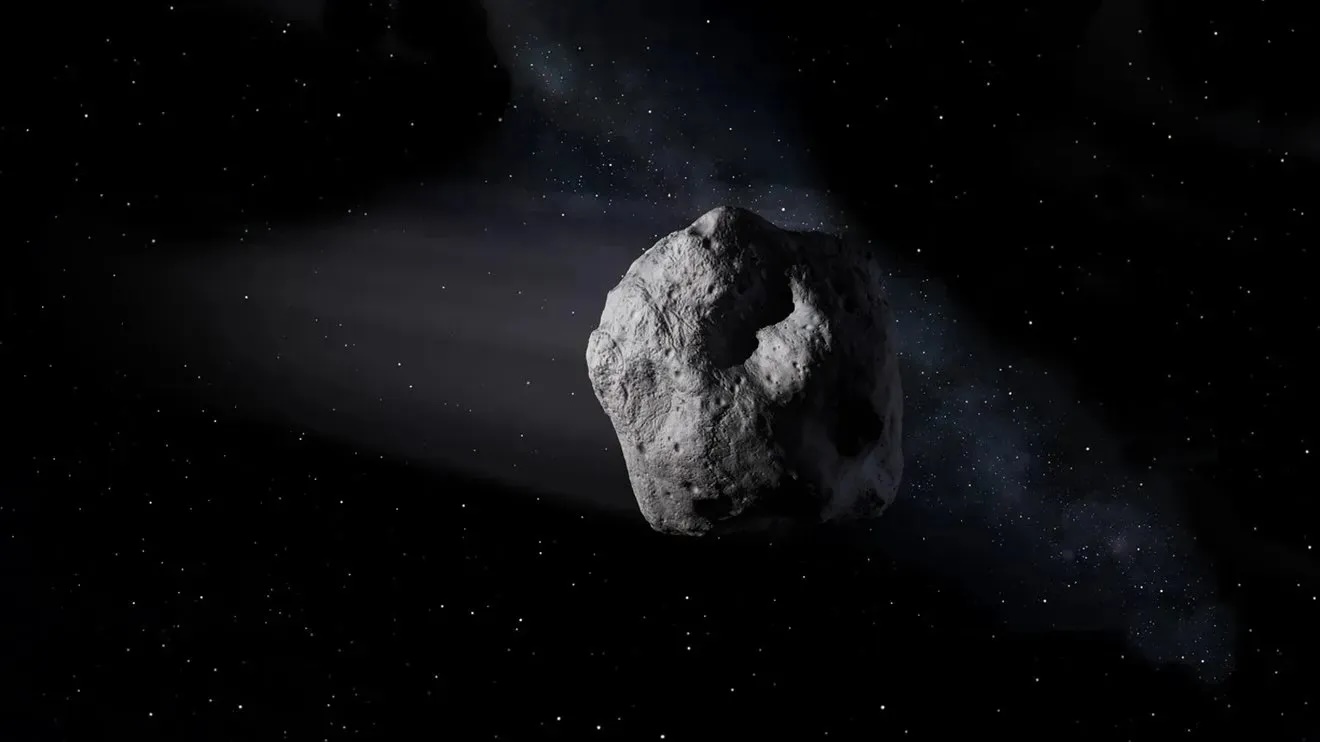When you buy through links on our site , we may clear an affiliate delegacy . Here ’s how it work .
A ghostly whitened puffiness of rotten pulp in the shape of amermaidrecently washed ashore on an island in Papua New Guinea — and experts baffled .
The strange sea creature was likely amarine mammalian , but its exact origins are unclear , experts tell apart Live Science .

Locals on Simberi Island in Papua New Guinea crowd around the mysterious mermaid-shaped “globster” shortly after it was pulled from the water.
The mystifying mass was strike Sept. 20 by locals on Simberi Island — a small volcanic island with a universe of around 1,000 multitude in the Bismarck Sea in New Ireland Province , according to aFacebook postby New Irelanders Only ( NIO ) .
It is know as aglobster — an unidentified organic lot that launder ashore . The origin of these mystery lumps is arduous to pin down because much of the corpse has rotted by and most are miss physical structure parts that have fallen off at sea . In this pillowcase , most of the animate being ’s caput and large ball of its flesh are miss .
There is no information on the size and weight of the corpse because it was not properly mensurate before local bury it , NIO representatives told Live Science . And no one collected deoxyribonucleic acid samples , which make a right identification almost out of the question .

The globster was first discovered floating in the water.
Related:10 bizarre creatures that washed ashore in 2022
Experts were also unable to identify it from the images alone .
Helene Marsh , an environmental scientist at James Cook University in Australia , told Live Science it look like a marine mammalian . " After that it is anyone ’s guess , " she impart .

Locals hauled the mysterious mass out of the water to get a better look.
Sascha Hooker , a marine mammal expert at the University of St Andrews in Scotland , narrowed it down further . " It face like a very decomposed cetacean to me , " she told Live Science . blower , orwhalesanddolphins , are know to turn this colorwhen their skin flow off , she append .
The most common cetaceans in the area are short - finned pilot light whales ( Globicephala macrorhynchus ) , spinner dolphin ( Stenella longirostris ) , pantropic blemish dolphin ( Stenella attenuata ) andsperm whales(Physeter macrocephalus ) , according to a2021 studyin the daybook Pacific Science .
Erich Hoyt , a researcher at Whale and Dolphin Conservation in the U.K. and source of several books on cetacean , agrees that the globster could be a small heavyweight . However , he believes that it could also be adugong , or " sea cow , " that is known to graze on sea grasses in shallow waters in Papua New Guinea .

The top end of the creature where its head was once located. One expert notices what looks like a trachea, or windpipe, near the stick it is lying on.(Image credit: New Irelanders Only)
— Bloated ' alien ' creature that washed ashore in Australia possibly identified
— ' Pile of R-2 ' on a Texas beach is a weird , real - life sea beast
— Bright ' crimson lump ' airstream ashore in Washington . What is it ?

The exposed backbone, or vertebrae, of the unidentified creature.(Image credit: New Irelanders Only)
Other experts also suggested it could be one of the pudgy marine mammals , which have antecedently inspired stories of mermaids . " My good estimate is that it might be a Dugong , " saidJens Currie , chief scientist of the Pacific Whale Foundation in Hawaii . Based on what ’s left of the head , it looks too encompassing to be a cetacean , he added . And " the amount of fat also bespeak a marine mammal and not a shark , " Currie say .
But not everyone thinks that the globster was a marine mammal .
Gavin Naylor , a maritime biologist at the University of Florida who hunt down the International Shark Attack Files , thinks the cadaver could be from a large shark . Although " it is a little weird that all of the skin appears to have rotted off , " he assure Live Science .

Other shark experts take issue .
" At first , I was leaning toward a orotund shark , but now that I ’ve spent a bunch of time looking at this , I am more confident it is a blower " due shape of the tail and emplacement of the flipper , saidGregory Skomal , a maritime life scientist at the University of Boston and head of the shark computer programme at Massachusetts Marine Fisheries . The vertebrae , which are exposed in one of the figure of speech , also look more like a whale ’s backbone than a shark ’s cartilaginous sticker , he told Live Science .
Skomal also spotted what " look like a windpipe , " or windpipe , hang from the animal near where its head word was . If truthful , this would rein out a shark .

But whatever it is , it has likely " been dead for hebdomad , " Hoyt pronounce .















